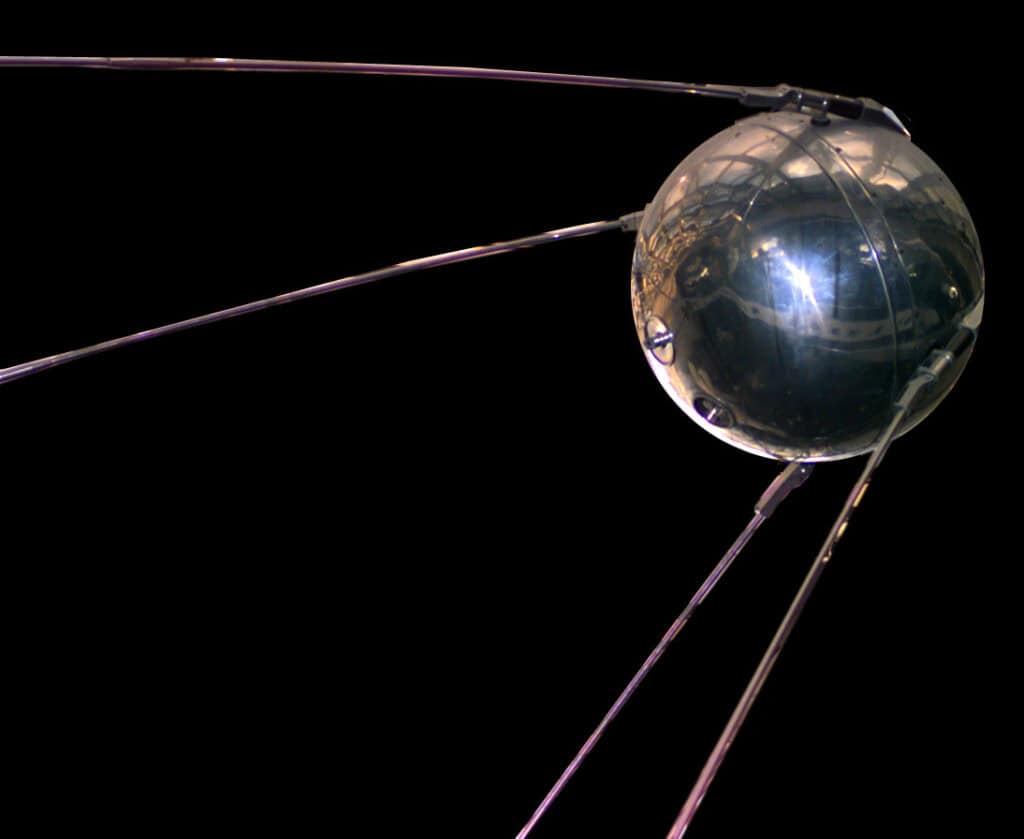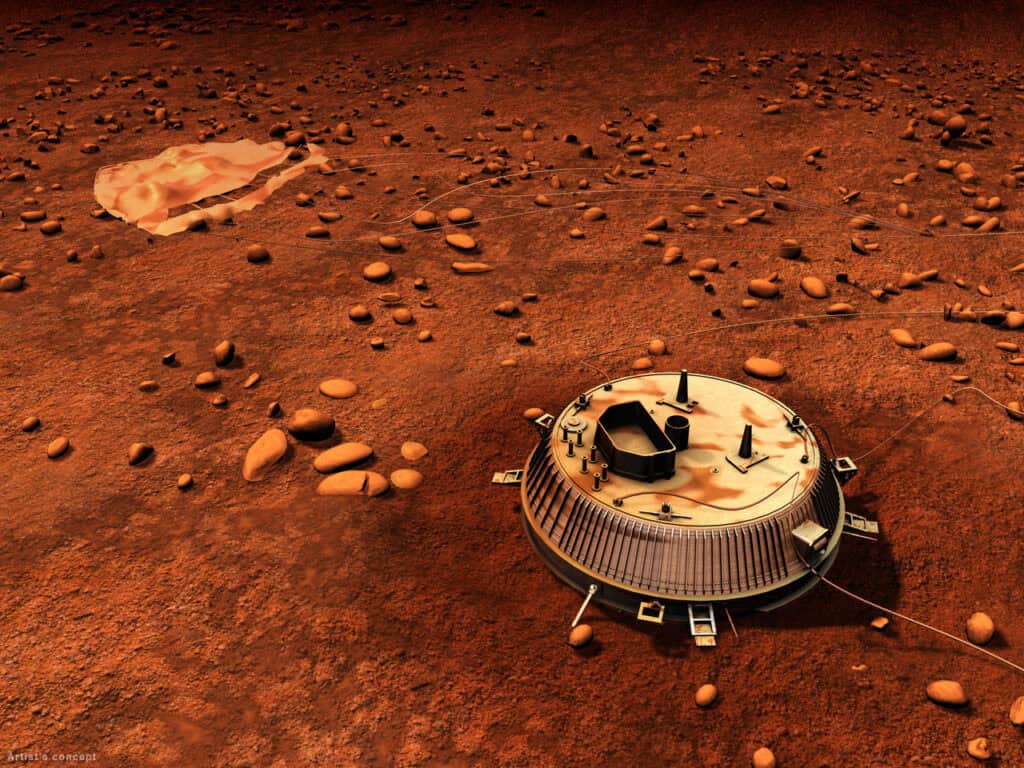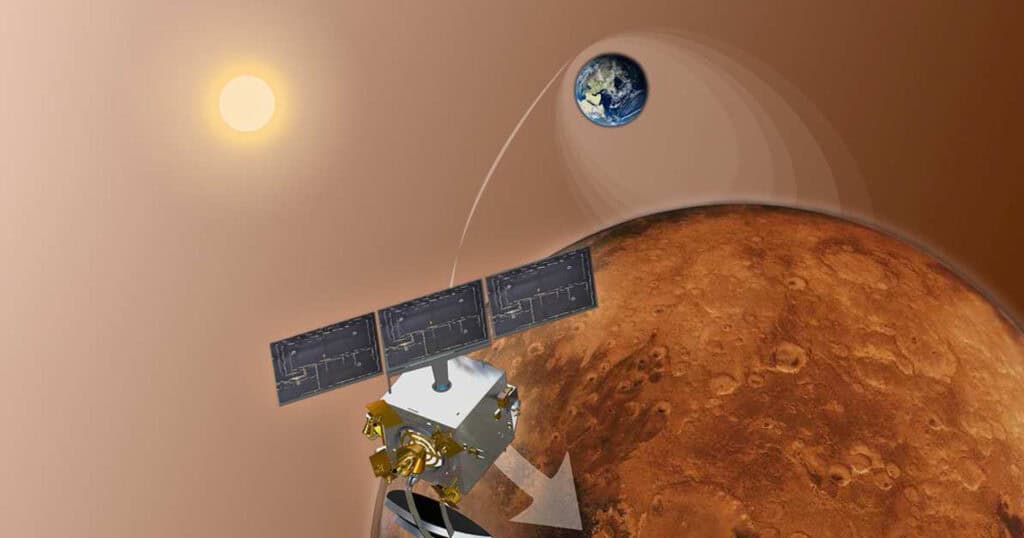Space exploration is a global effort that has been undertaken by many countries over the past few decades. Each country has made its own unique contributions to the field, and together, they have achieved some incredible things.
Here is a brief overview of the space exploration achievements of some of the leading countries:
- United States: The United States has been a leader in space exploration since the beginning. In 1957, it launched the first artificial satellite, Sputnik 1. In 1961, it became the first country to send a human into space, Yuri Gagarin. And in 1969, it landed the first humans on the Moon, Neil Armstrong and Buzz Aldrin. The United States has also built the International Space Station (ISS), which is the largest artificial object in space.

- Russia: Russia was the first country to launch a satellite into orbit around Earth, and it was also the first country to send a human into space. Russia has also made significant contributions to space exploration in the areas of rocketry, spacecraft design, and spacesuit technology.

- China: China has emerged as a major player in space exploration in recent years. In 2003, it became the third country to send a human into space. In 2013, it became the first country to land a spacecraft on the Moon since the Apollo program. And in 2020, it became the first country to launch a spacecraft to Mars.

- European Space Agency (ESA): The ESA is a multinational organization that was founded in 1975. It is composed of 22 member states, and it has a budget of over €6 billion. The ESA has launched a number of successful spacecraft, including the Huygens probe, which landed on Titan, a moon of Saturn.

- India: India has made significant strides in space exploration in recent years. In 2008, it became the fourth country to put a spacecraft into orbit around Mars. In 2014, it became the first country to successfully soft-land a spacecraft on the Moon. And in 2019, it became the first country to launch a spacecraft to the Sun.

These are just a few of the many countries that have made significant contributions to space exploration. As the field of space exploration continues to evolve, it is likely that we will see even more amazing achievements from countries around the world.
The Future of Space Exploration
The future of space exploration is full of possibilities. We are likely to see more countries becoming involved in space exploration, and we are likely to see more international cooperation in this field. We are also likely to see new technologies being developed that will allow us to explore space in new and exciting ways.
Some of the specific goals that are being pursued in space exploration include:
- Exploring other planets: There is a great deal of interest in exploring other planets, such as Mars. Scientists believe that Mars may have once been habitable, and they are eager to learn more about its history and potential for life.
- Developing new technologies: Space exploration is driving the development of new technologies, such as new rocket engines, new spacecraft designs, and new spacesuits. These technologies have the potential to benefit us here on Earth as well as in space.
- Understanding the universe: Space exploration is also helping us to understand the universe. By studying the stars, the planets, and the galaxies, we are gaining a better understanding of how the universe works.
The future of space exploration is bright, and it is likely to lead to many new discoveries and advances. We are only just beginning to explore the vastness of space, and there is no telling what we will find in the years to come.





